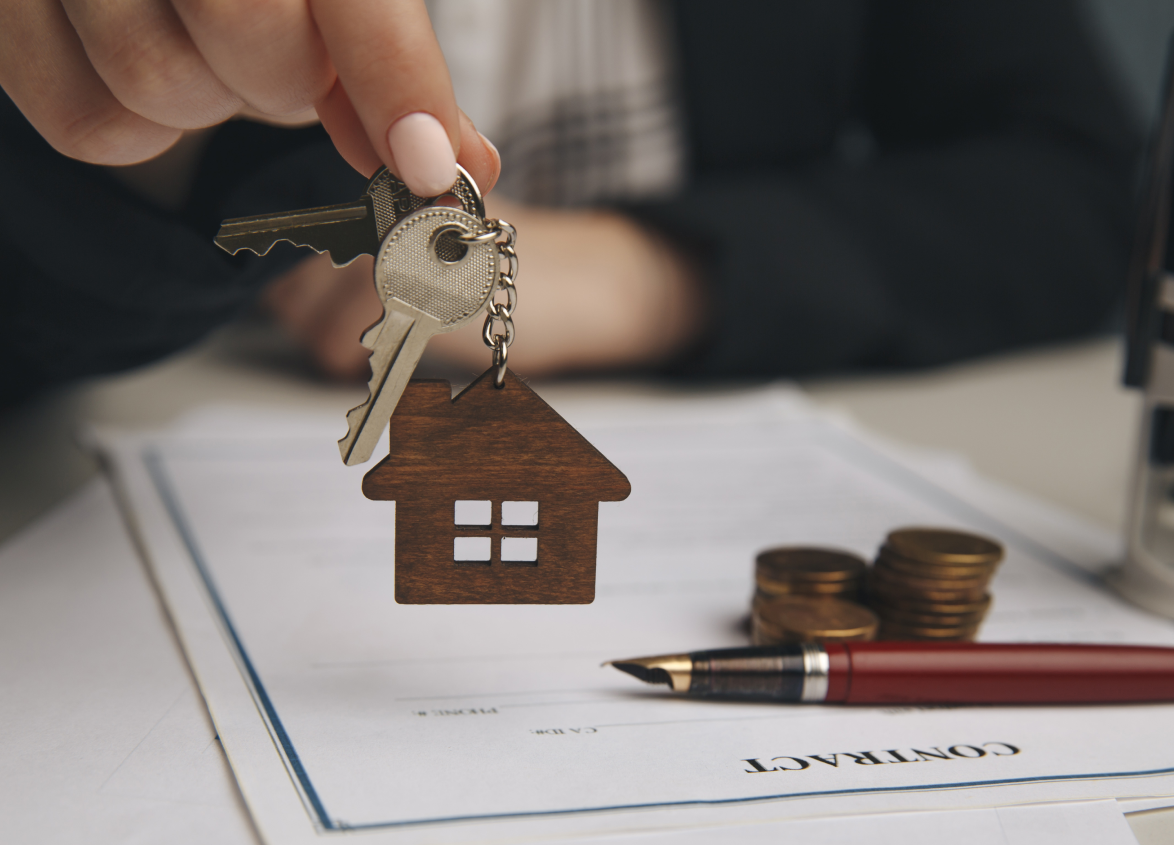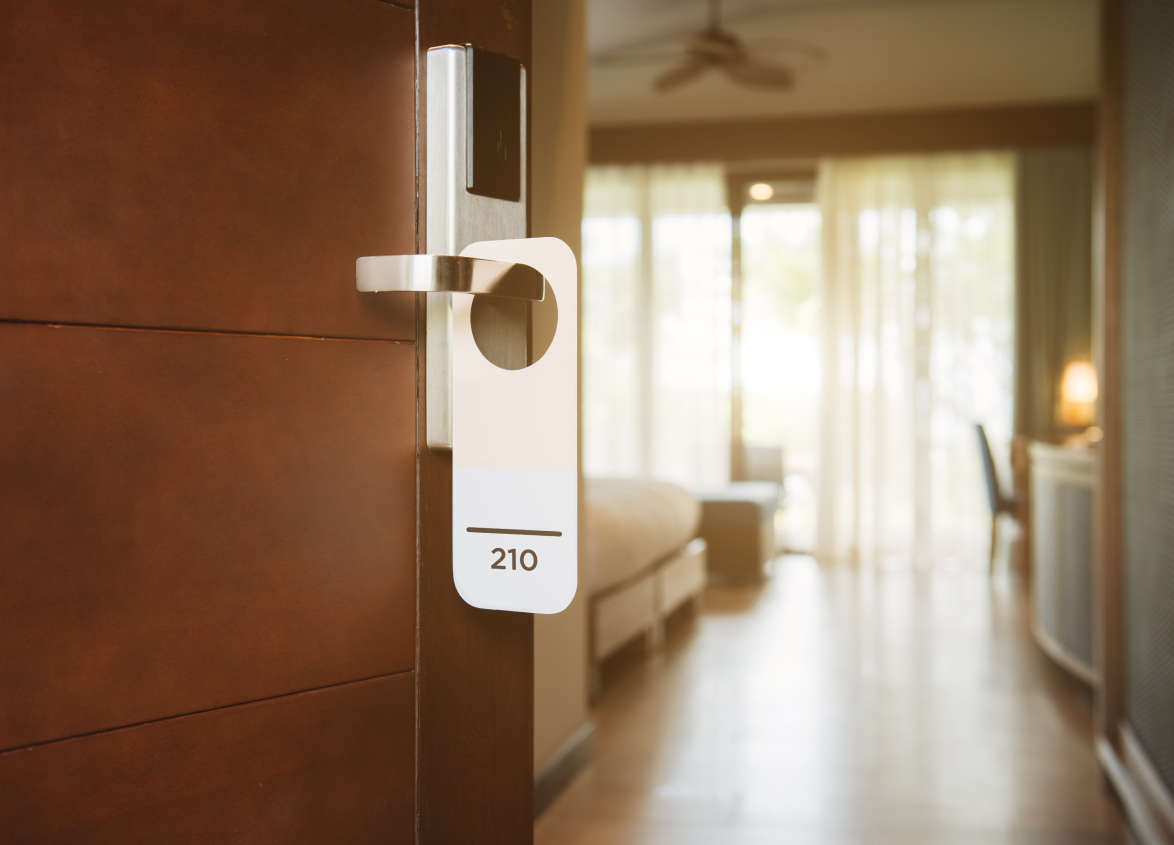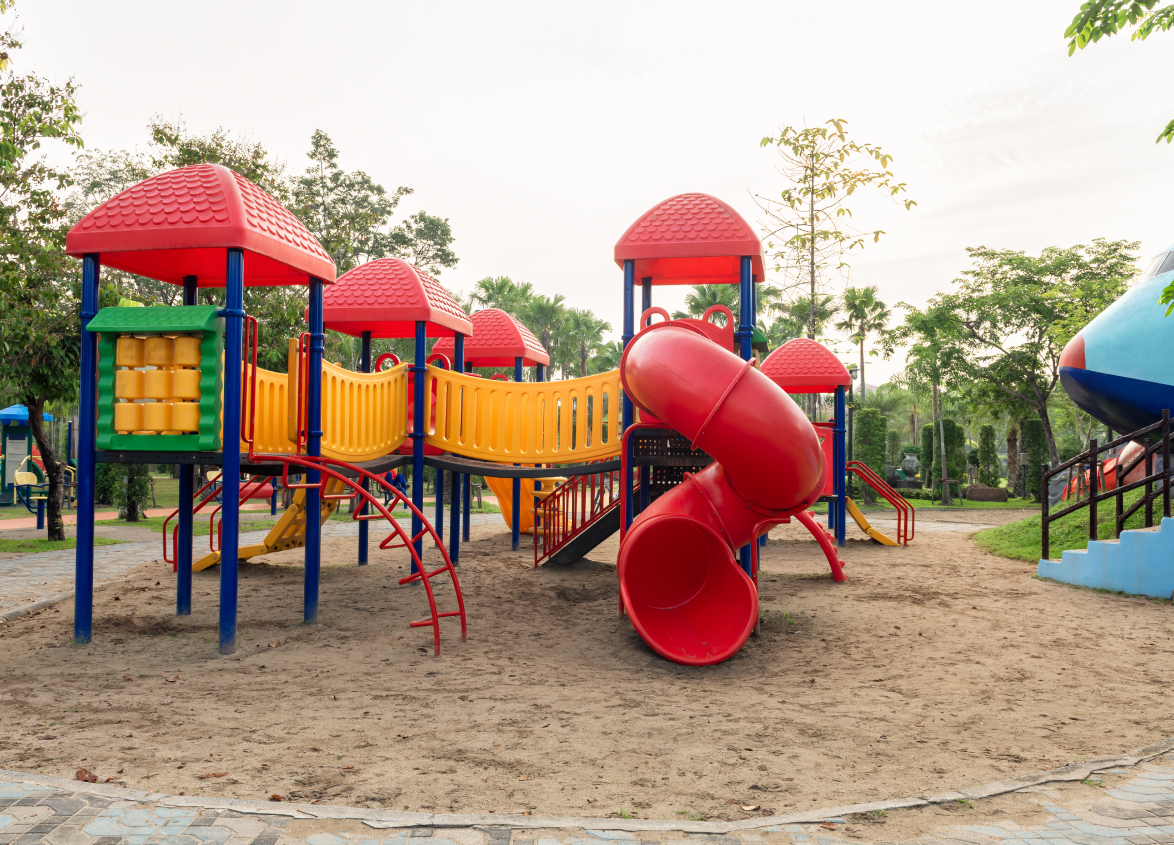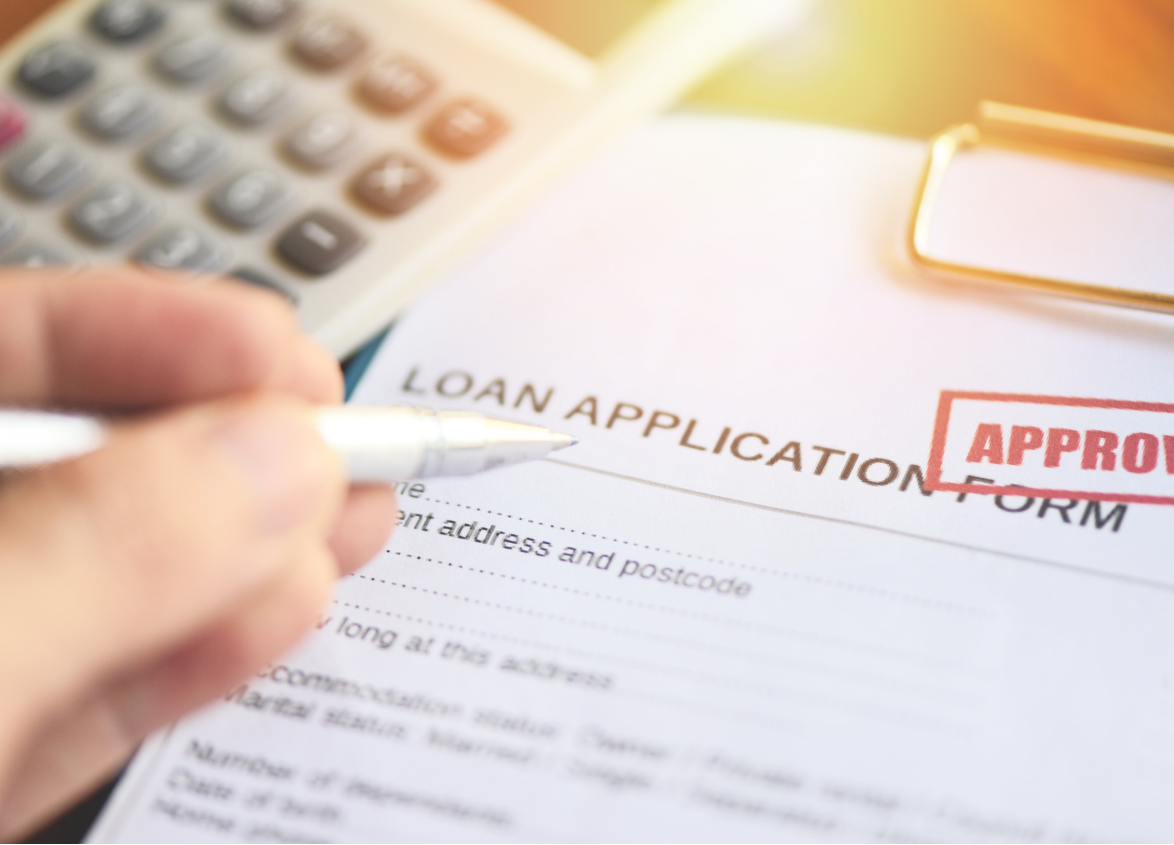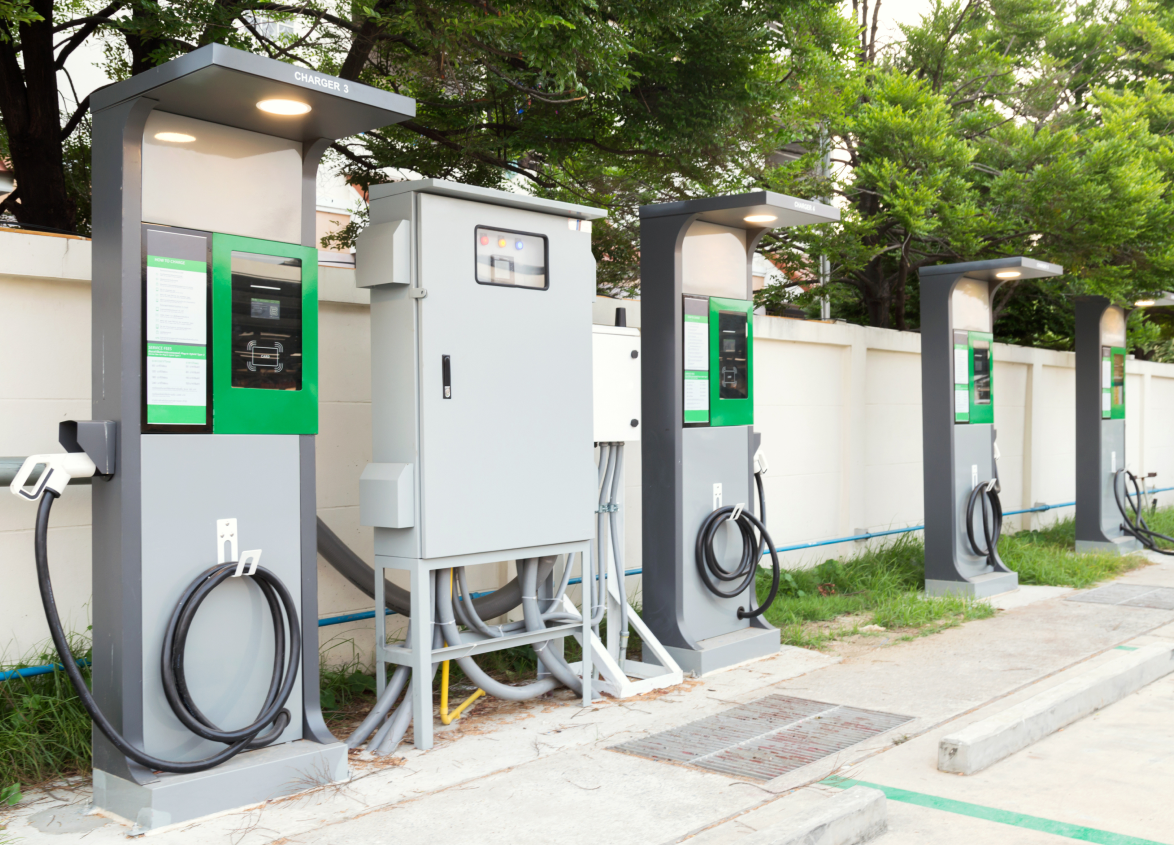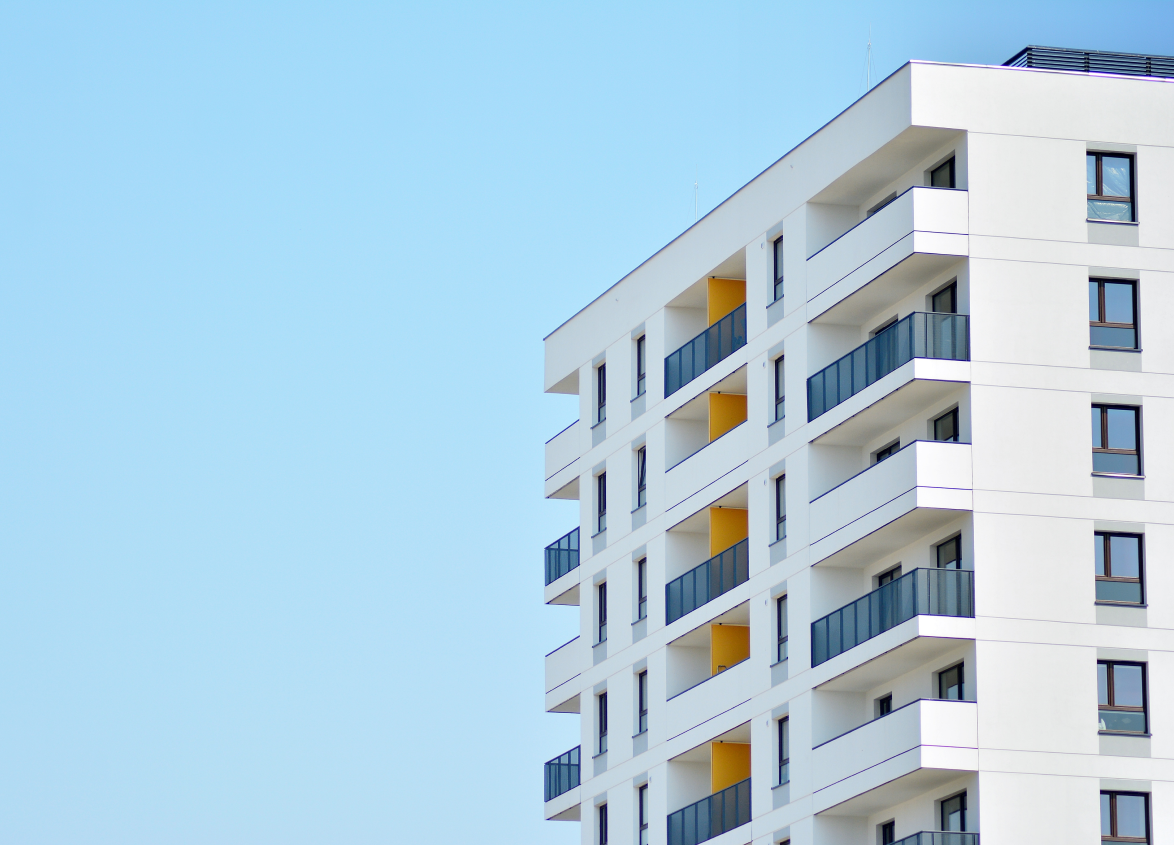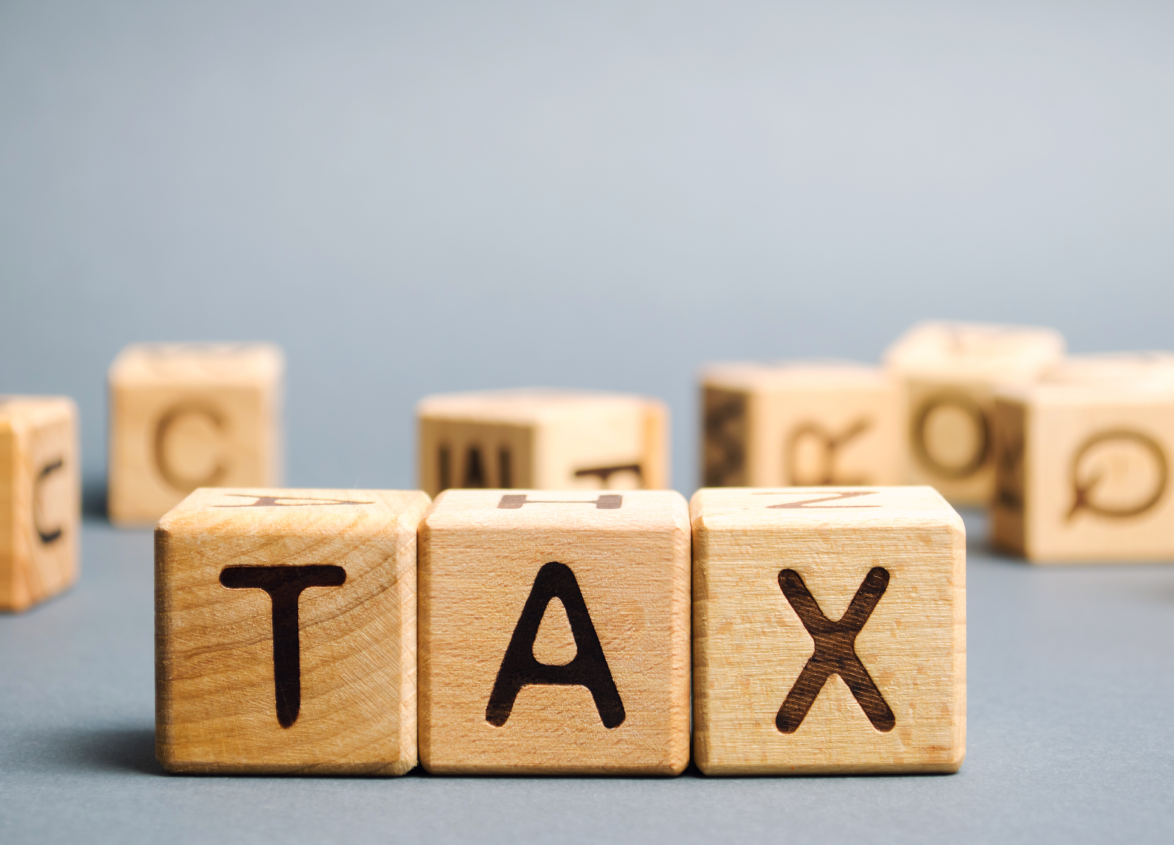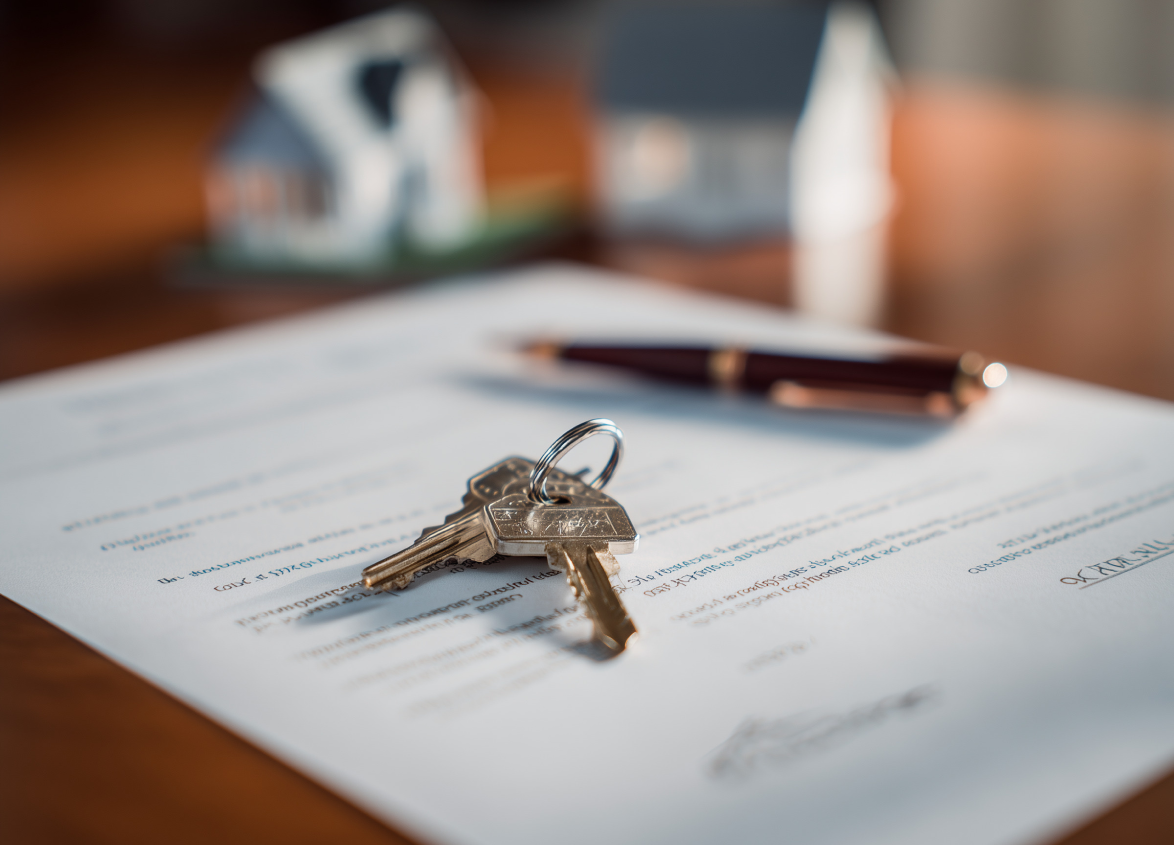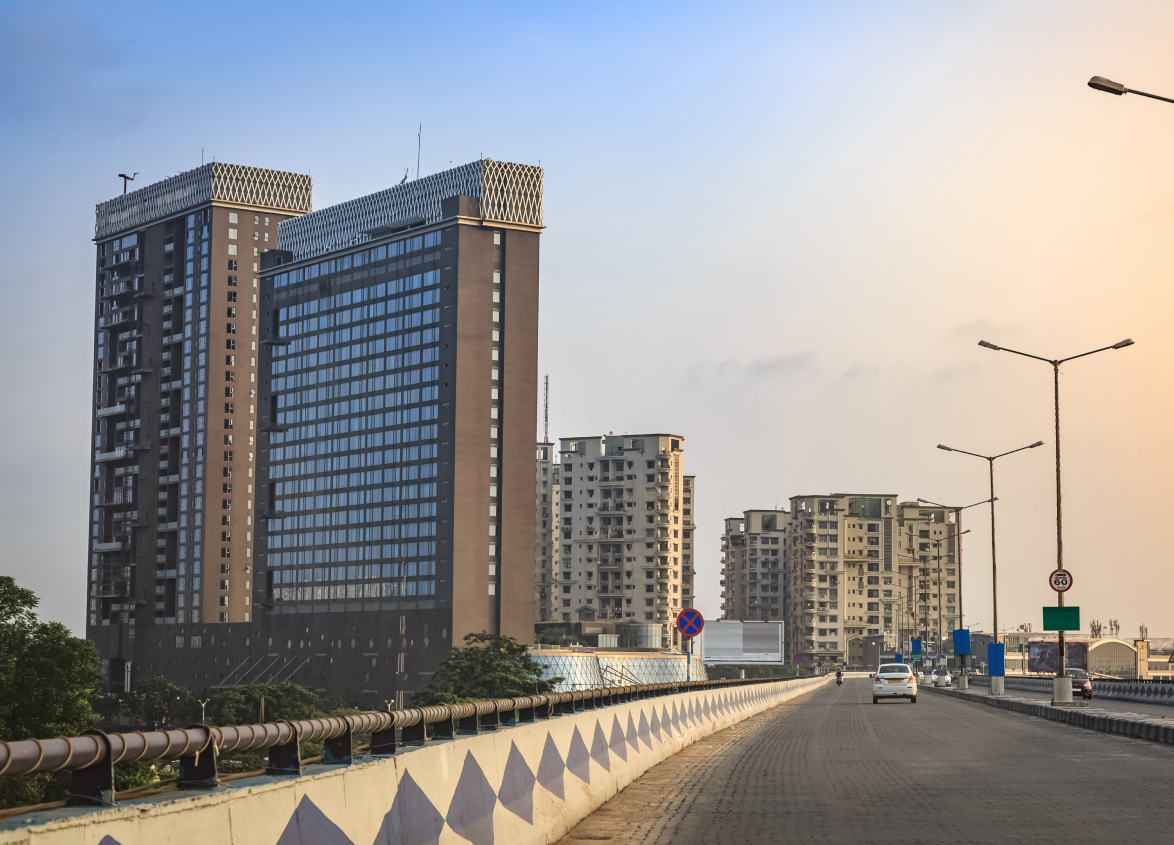
Residential
Key Differences between Freehold and Leasehold Property
July 10, 2024
Key Differences between Freehold and Leasehold Property
Real estate in India encompasses various types of property ownership, primarily divided into freehold and leasehold. Understanding these types is crucial for potential buyers, investors, and homeowners to make informed decisions.
This article studies the key differences between freehold and leasehold property, their advantages and disadvantages, and the legal aspects that govern them.
What is Freehold Property?
This is a type of property ownership where the owner has complete control over the real property and the land it stands on. The owner holds the title to the property indefinitely, without any time constraints or obligations to a superior landlord. The owner can sell, lease, or transfer the property at their discretion.
Characteristics of Freehold Property
Complete Ownership: The defining characteristic of freehold property is absolute ownership. Unlike a lease, where ownership eventually reverts to the landlord, a freehold title deed signifies your unrestricted claim to the property for perpetuity. It translates to peace of mind, knowing you can pass down the property to future generations or sell it at your discretion.
Greater Control and Freedom: Freehold ownership empowers you to personalize your property to your liking. Subject to local regulations, you can undertake renovations, extensions, or even demolish and rebuild entirely. This flexibility allows you to tailor the property to your evolving needs and preferences, maximizing its utility and value.
Potential for Appreciation: Freehold properties are generally considered more valuable assets compared to leaseholds. Since the land is permanently yours, freehold properties experience greater appreciation in market value over time. Hence, they are a sound investment choice for significant returns in the long run.
Financial Benefits: Freehold ownership eliminates the need to pay ground rent, a recurring fee standard in leasehold properties. It leads to ongoing cost savings for freehold owners. Additionally, freehold properties command higher rental yields in the market than leaseholds, making them a lucrative source of income.
Inheritance and Transfer: Freehold properties seamlessly integrate into estate planning. You have the complete freedom to bequeath the property to your heirs or beneficiaries through a will. There are also minimal restrictions on selling or transferring freehold ownership. These factors make it a flexible asset for various financial goals.
While freehold ownership offers undeniable advantages, it comes at a higher initial cost than leaseholds for permanent land ownership. Additionally, freehold ownership comes with the responsibility for all property taxes and maintenance costs.
What is Leasehold Property?
The meaning of leasehold property is simple. It is a type of property ownership in which the owner, or leaseholder, has the right to use the property for a specific period, per the lease agreement terms. The land itself is owned by a freeholder (or landlord), and the leaseholder must adhere to the conditions outlined in the lease.
Characteristics of Leasehold Property
Fixed Term Ownership: The defining characteristic of leasehold property ownership is the finite lease term. Leases typically range from 25-30 years to 99 or even 999 years, though shorter leases exist. Once the lease expires, ownership of the property reverts to the freeholder (landowner) unless the lease is extended or renewed. This limited ownership period can impact the property’s value and long-term investment potential. As the lease nears its end, the property’s value may decrease due to the diminishing ownership rights.
Shared Responsibilities: The division of maintenance responsibilities between the leaseholder and the freeholder varies depending on the lease agreement. The freeholder is responsible for maintaining the building structure and common areas, while the leaseholder is responsible for maintaining the interior of the property.
Lease Agreement Compliance: A lease agreement governs the rights and responsibilities of the leaseholder (you) and the freeholder. This agreement outlines crucial details such as:
- Duration of the Lease: Specifies the exact timeframe for which you have the right to occupy the property.
- Ground Rent: A periodic fee paid to the freeholder for using the land. It may be fixed or subject to escalation clauses that increase the rent over time.
- Service Charges: Cover the maintenance of common areas, amenities, and sometimes building structures, depending on the agreement.
- Restrictions on Use and Modification: Lease agreements limit how you can use and modify the property. Significant changes such as structural alterations or renovations may require permission from the freeholder. Additionally, subletting or selling the leasehold property might be subject to specific clauses within the lease.
Leasehold land is a common ownership option for apartments and flats. While it provides the right to occupy and use the property, it has limitations on ownership duration, modifications, and potential value depreciation.
Advantages and Disadvantages of Freehold Property
Freehold property ownership delivers a sense of permanence and control but also has specific responsibilities. Let's study its advantages and disadvantages to help you decide if it's the right choice.
Advantages of Freehold Property
- Complete Ownership and Control: The biggest advantage of freehold property is absolute ownership. You own the land and the building, granting you complete control over your property. You can live there for as long as you want, make modifications or renovations without seeking permission (subject to local regulations), and use the property for any legal purpose.
- Greater Freedom and Flexibility: With freehold ownership, you can rent your property, sell it anytime, or even pass it on to your heirs. Unlike leasehold lands with restrictions on modifications and limitations on usage, freehold properties offer maximum flexibility in how you utilize your space.
- Easier Financing: Banks and lending institutions consider freehold properties safer than leasehold properties. You get easier home loan approvals and better interest rates when securing a mortgage for a freehold property.
- Higher Capital Appreciation: Freehold properties are considered long-term investments with the potential for capital appreciation. As land is a finite resource, its value tends to increase over time, especially in desirable locations. Owning the land and building allows you to benefit from this growth.
- Simpler Selling Process: Selling a freehold property is more straightforward than selling leasehold property. The original landowner does not need to permit the sale, and the sale follows the standard procedures of entering a sale agreement and registering the deed.
Disadvantages of Freehold Property:
- Higher Initial Investment: Freehold properties generally have a higher price tag than leasehold properties with a similar lease term. This cost is because you’re buying the building and the land beneath it, which can be a significant hurdle for first-time buyers or those with limited budgets.
- Maintenance and Repair Costs: As the sole owner, you are responsible for all maintenance and repairs associated with the property. It includes both routine maintenance and any unexpected repairs that may arise. These costs can add up over time and require careful budgeting.
- Property Taxes and Insurance: Freehold property owners are liable for paying property taxes and insurance, which may become a burden over time.
- Government Acquisition of Land: In rare cases, the government may acquire freehold land for public infrastructure or industrialization development projects. While you will receive compensation, it may not always match the property's market value.
- Risk Factors: Freehold ownership comes with the inherent risks associated with owning any property. These can include damage from natural disasters, break-ins, or vandalism. However, these risks can be mitigated by taking the necessary precautions, such as securing proper insurance coverage and implementing security measures.
Advantages and Disadvantages of Leasehold Property
Leasehold properties are a unique alternative to traditional freehold ownership. While they come with advantages that make them appealing to specific buyers, there are also limitations. Here's a breakdown of the key pros and cons of leasehold ownership:
Advantages of Leasehold Property
- Affordability: Leasehold properties are generally cheaper than freehold properties for the same type of dwelling. This is because you buy the right to occupy the building, not the land itself. It can be a significant advantage for first-time buyers or those on a tighter budget.
- Lower Maintenance: The freeholder, who owns the land and building structure, is responsible for major repairs and maintenance of the building's exterior and common areas. It can benefit those who prefer a low-maintenance lifestyle and don't want to worry about budgeting for unexpected repairs.
- Shared Amenities: Leasehold properties can access shared gardens, gyms, swimming pools, or parking spaces. These amenities can enhance the living experience and provide additional value for the cost.
- Short-Term Needs: Leasehold properties can be a good option for those who only plan to live in a property for a shorter period. It could be ideal for students, young professionals, or those with a flexible lifestyle.
Disadvantages of Leasehold Property
- Limited Control: As a leaseholder, you have less control over the property than a freeholder. Making significant alterations or renovations usually requires permission from the freeholder, which can be lengthy and sometimes expensive.
- Decreasing Value: The value of a leasehold property can decrease as the lease term shortens. This is because the remaining period of ownership becomes less valuable.
- Renewal Costs: Renewing the lease upon expiry can be expensive. The freeholder sets the renewal terms, and it may involve a significant increase in ground rent. It can financially burden leaseholders, especially if property values haven’t risen significantly.
- Recurring Charges: Leaseholders are responsible for annual ground rent, a payment to the freeholder for the right to occupy the land. Additionally, there may be service charges for building maintenance and shared amenities. These costs can add up and increase over time.
- Financing Difficulties: Obtaining a mortgage for a leasehold property can be more challenging than for a freehold one. Some lenders may restrict the length of the remaining lease or charge higher interest rates.
What Kind of Property is Preferred for Residential Purposes?
When deciding between freehold and leasehold property for residential purposes, several factors come into play:
Freehold Property for Residential Use
Freehold properties are preferred for residential use due to the security of ownership, freedom to modify the property, and absence of ground rent obligations. Homeowners seeking long-term stability and the ability to pass the property on to future generations may find freehold property more suitable.
Leasehold Property for Residential Use
Leasehold properties can be viable for those looking for a lower initial investment, especially in urban areas with high property prices. However, potential buyers must know the lease term and any associated restrictions or fees. Leasehold properties may also be preferred in areas where freehold properties are unavailable.
How To Convert Leasehold Property Into Freehold Property?
Converting a leasehold property into a freehold property involves several steps:
- Check Eligibility: Ensure the property is eligible for conversion per local regulations.
- Apply for Conversion: Apply to the relevant authority, such as the local municipal office or development authority.
- Pay Conversion Fees: A fee may be associated with converting the property from leasehold to freehold.
- Obtain a No Objection Certificate (NOC): An NOC from the freeholder or relevant authority may sometimes be required.
- Complete Legal Formalities: Finalize the process by completing all necessary legal formalities and registering the property as a freehold property.
Key Differences: Freehold Vs Leasehold Property
Here are the key differences between these two property types based on the following criteria:
Ownership and Control
- Freehold: With freehold ownership, you own the property and the land it sits on. This grants you complete control over the property. You can make modifications, renovations, or extensions, subject to local planning regulations.
- Leasehold: In a leasehold property, you purchase the right to occupy the property for a fixed period, typically ranging from 99 to 999 years. The land belongs to a freeholder, often a housing association or local authority. Your control is limited by the terms of the lease agreement, which may restrict modifications or require permission from the freeholder.
Lease Term and Renewal
- Freehold: There's no lease term with freehold ownership. You possess the property indefinitely and can pass it down to heirs or sell it without restriction based on the lease term.
- Leasehold: The lease term is a critical factor. A shorter lease (less than 80 years remaining) can negatively impact the property's value. Leasehold properties often come with renewal options, which can be expensive and subject to negotiation with the freeholder.
Financial Considerations
- Freehold: Generally, freehold properties have a higher upfront cost due to owning the land. However, they tend to appreciate over time, offering a better long-term investment. You are responsible for all maintenance and repair costs.
- Leasehold: Leasehold properties typically have a lower initial cost. However, you may incur additional ongoing charges, such as ground rent, a yearly fee paid to the freeholder, and service charges for building maintenance. The cost of renewing the lease can also be significant.
Flexibility and Freedom
- Freehold: Freehold ownership offers maximum flexibility. You can sell the property at any time, make modifications without restrictions (subject to planning permission), and enjoy complete freedom of ownership.
- Leasehold: Leasehold properties come with limitations. The remaining lease term and potential renewal costs might affect the sale of the property. Modifications may require permission from the freeholder, and renting out the property could be restricted.
Legal Aspects that Apply to Freehold and Leasehold Property
Legal Aspects of Freehold Property
- Title Deeds: Freehold property owners must ensure that they hold clear and marketable title deeds.
- Property Taxes: Owners are responsible for paying property taxes to the local government.
- Land Registration: The property must be registered with the land registry to establish legal ownership.
Legal Aspects of Leasehold Property
- Lease Agreement: The lease agreement outlines the terms and conditions of the lease, including the lease period, ground rent, and maintenance responsibilities.
- Lease Extension and Renewal: As the end of the lease term approaches, leaseholders may need to negotiate lease extensions or renewals.
- Leasehold Reform: Changes in legislation can impact leasehold ownership, such as reforms to make it easier for leaseholders to purchase their freehold or extend their lease.
- Land Registration: Like freehold properties, leasehold properties must also be registered with the land registry.
Conclusion
Understanding the key differences between freehold and leasehold property can help anyone in the Indian real estate investment. Freehold properties offer complete ownership and long-term security, making them ideal for those seeking stability and control over their property. On the other hand, leasehold properties can be more affordable initially and may be more prevalent in certain areas, but they come with limitations and ongoing costs. Whether choosing freehold vs leasehold property, prospective buyers must carefully consider their long-term goals, financial situation, and the specific terms of the property in question.
Frequently Asked Questions (FAQs)
- Can freehold land be taken back by the government?
Yes. Under the Land Acquisition Act, the government can acquire freehold land for public purposes. However, the property owner is entitled to compensation based on the property's market value. - What kind of properties cannot be freehold?
Specific properties, such as those on government or public land, may not be eligible for freehold ownership. Property within certain housing societies or townships may also be available as leaseholds. - Are freehold properties safe to invest in?
Yes. Freehold properties are generally considered safe investments due to the perpetual nature of the ownership and the absence of ongoing ground rent. They offer greater security and control than leasehold properties, making them a preferred choice for many investors. However, thorough due diligence before investing helps you with a clear title and comply with local regulations.
MUST READ
Looking for something specific?
We'd be delighted to help you.



